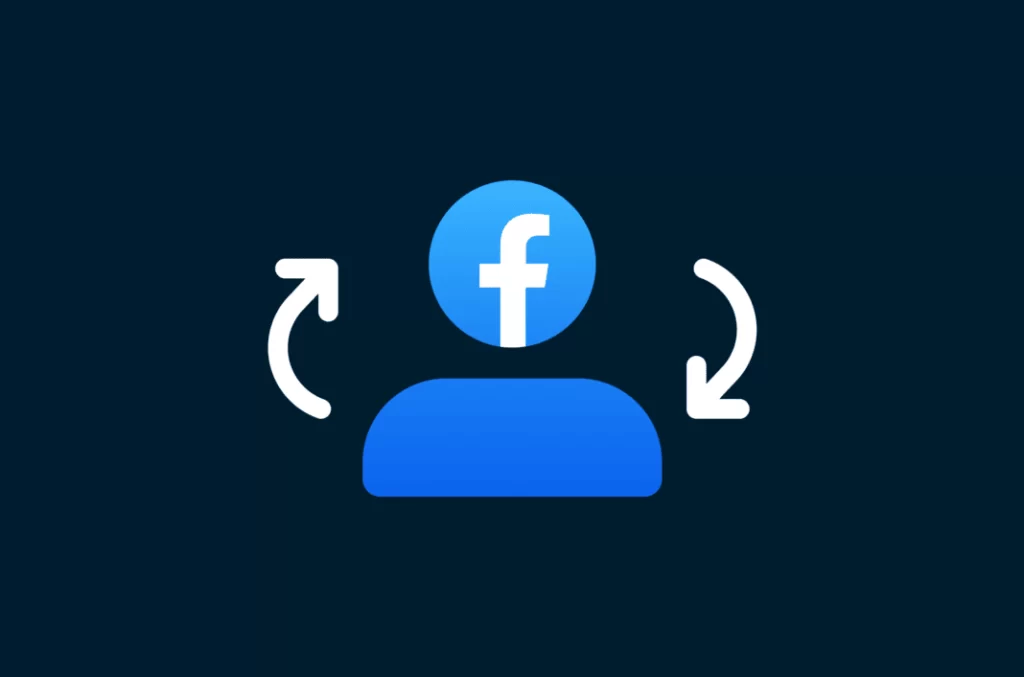In today’s digital age, social media platforms like Facebook play a pivotal role in connecting people across the globe. However, the convenience and interconnectedness of these platforms also make them susceptible to security threats, with hacking incidents becoming increasingly common. If you find yourself in the unfortunate situation of having your Facebook account hacked, it’s crucial to act swiftly and follow the right steps to regain control and secure your personal information. In this article, we will guide you through the process of recovering a hacked Facebook account.
1. Identifying the Signs of a Hacked Account
The first step in recovering your Facebook account is recognizing that it has been compromised. Some common signs include unauthorized access, unfamiliar posts or messages, changes to your profile information, or notifications about unfamiliar login locations.
2. Change Password and Enable Two-Factor Authentication
Immediate Action taking process. As soon as you suspect your Facebook account has been hacked, take immediate action by changing your password. Select a strong password using special characters, numbers, and letters. To further increase security, turn on two-factor authentication (2FA). 2FA requires a secondary verification step, such as a code sent to your mobile device, making it significantly harder for hackers to access your account.
3. Use the Facebook Account Recovery Process
If changing your password and enabling 2FA doesn’t resolve the issue, Facebook provides a dedicated account recovery process. Go to the Facebook Help Center and follow the instructions for hacked accounts there. This typically involves confirming your identity through various methods, such as providing personal information, identifying friends in photos, or verifying recent account activity.
4. Secure Your Email Account
In many cases, a compromised email account is the gateway to hacking social media accounts. Ensure that your email account is secure by changing its password and enabling any available security features, such as two-factor authentication. This step is vital because if your email account is compromised, the hacker can easily reset your Facebook password and maintain control.
5. Check for Suspicious Apps and Remove Them
Sometimes, third-party applications connected to your Facebook account may be the source of the breach. Review the list of apps connected to your Facebook profile and remove any that seem suspicious or unnecessary. This can be done through the Facebook settings menu under “Apps and Websites.”
6. Scan Your Device for Malware
Malicious software on your device may compromise your login credentials. Run a thorough antivirus and anti-malware scan on your computer or mobile device to ensure it is free from any potential threats. Update your security software regularly to protect against the latest threats.
7. Inform Your Friends and Contacts
If your account has been hacked, it’s important to inform your friends and contacts about the situation. Hackers might use your account to send phishing messages or spam, and alerting your connections can help prevent the further spread of unauthorized content.
8. Stay Informed About Facebook Security Features
To better protect your Facebook account in the future, stay informed about the platform’s security features and updates. Regularly review and update your privacy settings, be cautious about the information you share online, and promptly report any suspicious activities to Facebook.
Conclusion
Recovering a hacked Facebook account can be a stressful experience, but with prompt action and adherence to security best practices, you can regain control and prevent further unauthorized access. By taking the necessary steps outlined in this guide, you not only recover your account but also strengthen its security, making it less susceptible to future hacking attempts. Remember, proactive measures such as regular password changes, enabling two-factor authentication, and staying informed about security features are crucial in maintaining a secure online presence.
FAQ
Q1: What is two-factor authentication (2FA), and why is it important?
Ans: 2FA adds an extra layer of security by requiring a secondary verification step, such as a code sent to your mobile device. It significantly enhances the security of your account, making it more difficult for hackers to gain access.
Q2: What should I do first if I suspect my Facebook account has been hacked?
Ans: Change your password immediately to a strong, unique one. Enable two-factor authentication for an additional layer of security. This helps prevent unauthorized access to your account.
Q3: How can I tell if my Facebook account has been hacked?
Ans: Signs of a hacked account may include unauthorized access, unfamiliar posts, changes to your profile, or notifications about unfamiliar login locations. If you notice any of these, take immediate action to secure your account.
Q4: How can I initiate the Facebook account recovery process?
Ans: Visit the Facebook Help Center and follow the instructions provided for hacked accounts. The recovery process often involves confirming your identity through various methods, such as providing personal information or identifying friends in photos.
Q5: How can malware affect my Facebook account?
Ans: Malicious software on your device can compromise your login credentials. Run a thorough antivirus and anti-malware scan on your computer or mobile device to ensure it is free from potential threats.
